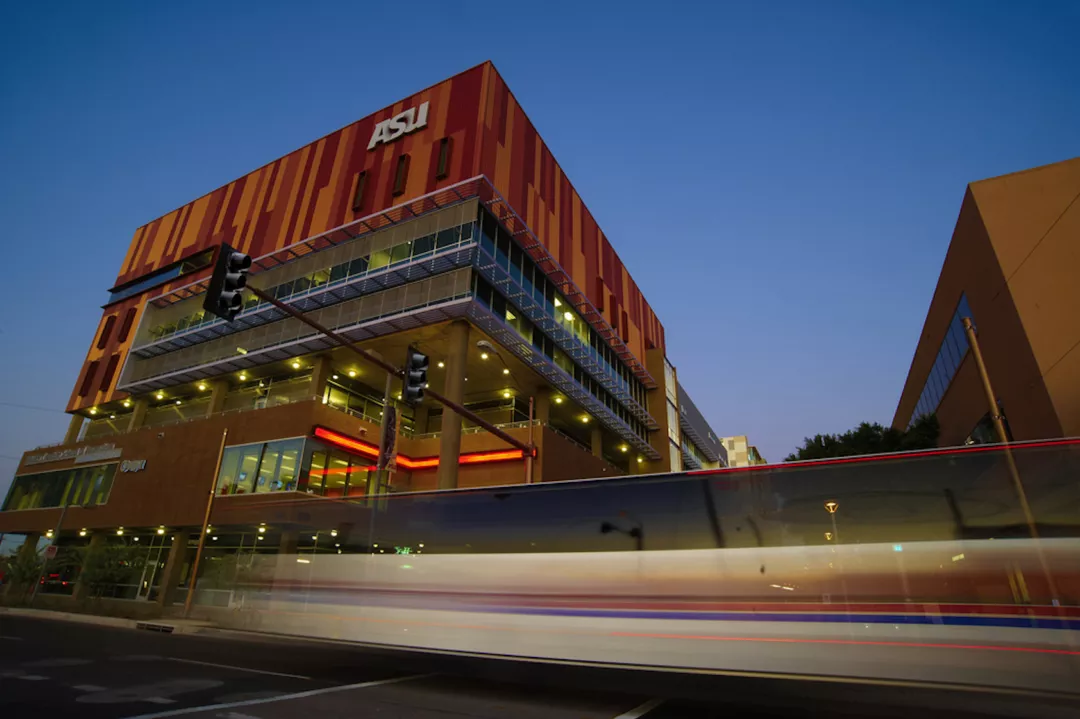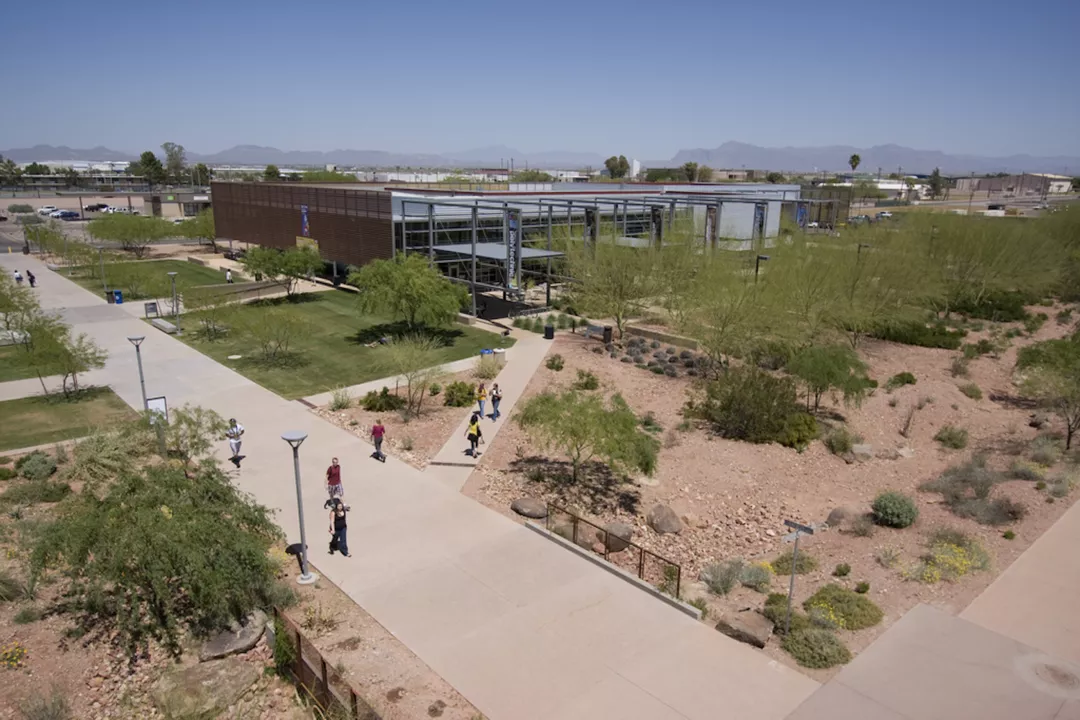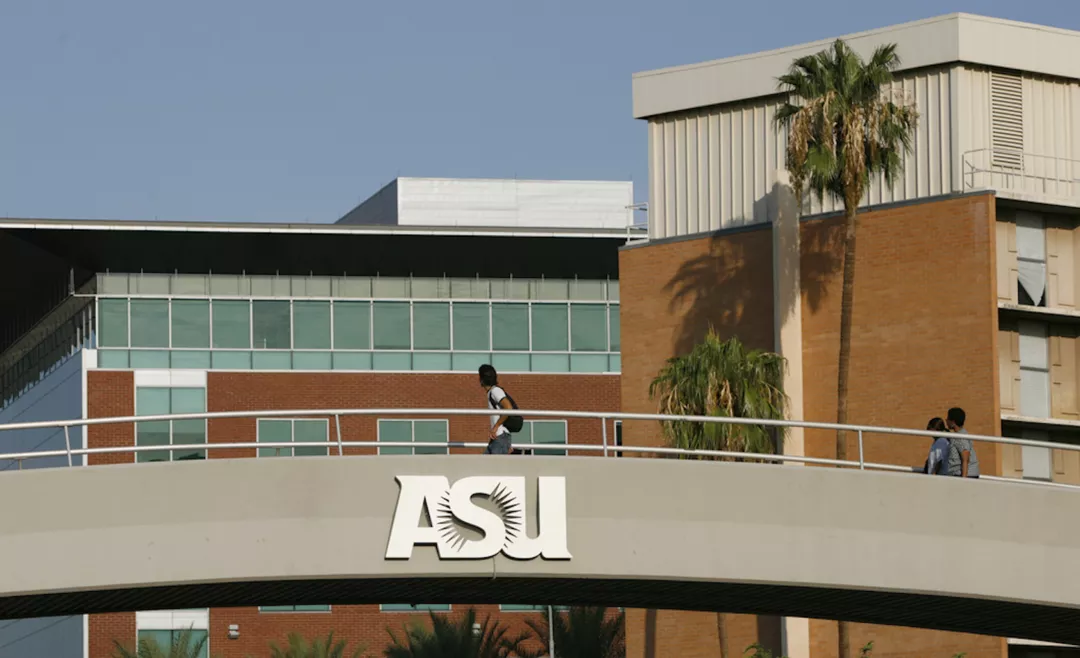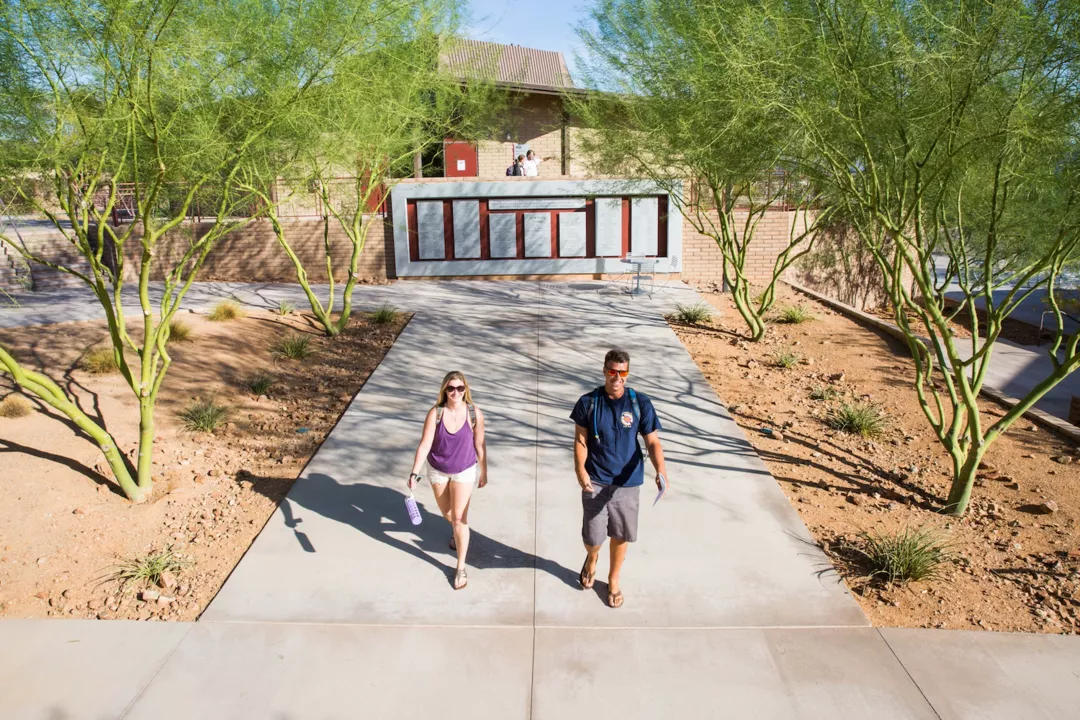-
hello@abroadcube.com
Mail us
-
Call For Help:
98779 83783
-
Whatsapp Us
70090 34921
The ASU MFA in Creative Writing is and has always been an unswervingly student-first program. Through small classes, intimate workshops, and one-to-one mentoring, the centuries-old apprenticeship model thrives within the New American University. Creative writing has been a part of the department of English since the 1930s. With the inception of the MFA degree in 1985, creative writing became an ascendant unit; the program was ranked within the top 20 MFA programs in the nation by U.S. News and World Report.
The program requirements include 48 hours of study evenly divided between writing courses and literature courses designed to inform that writing. While students are expected to satisfy these requirements in the genre in which they were accepted, the program encourages cross-genre study, and electives can include courses taken outside of the creative writing program, even outside the English department. Courses such as “Creative Writing and the Professions” and “Internship for Community Outreach” encourage students to envision life beyond graduation. In the second year students assemble their thesis committees and identify a committee chair. The second year is also when one-on-one mentorship begins. In the spring of the third year, students typically focus on completing the thesis manuscript with their committee chair.
ASU Creative Writing is distinguished by an outstanding faculty that has garnered national and international attention. The program's alumni are equally impressive.
Currently, all students admitted to the MFA program who submit a complete and approved teaching assistantship application are awarded a TA by the Department of English. Each assistantship carries a three course per year load and includes a tuition waiver and health insurance in addition to the TA stipend ($15,000 per year). Graduate students with assistantships must enroll in a minimum of six credit hours each semester.
In addition, students have diverse opportunities for additional financial and professional support via The Virginia G. Piper Center for Creative Writing, including:
The Creative Writing Program at ASU has been able consistently to offer MFA students among the best funding packages in the nation through teaching and research assistantships, which are renewable for each of the program's three years. Additionally, in concert with the CWP, the Virginia G. Piper Center for Creative Writing offers a variety of graduate assistantships, international writing and teaching scholarships, and thesis fellowships to continuing students. Students who accept the TA offer are required to take the TA seminar, a pedagogy and training course designed to assist graduate students during their first year. TA seminar is credited as a literature elective. Successful TAs have the opportunity to teach introductory creative writing to undergraduates, under the supervision of one of the program faculty.
| Level | Masters |
| Discipline | Fine Arts |
| Duration | 24 months |
| Intakes | Jan, Aug |
| Application Fees | USD 0 |
| Tuition Fees | USD 25200 |
| Campus | Tempe |
| Language proficiency (minimum) | |
| IELTS | 7 |
|---|---|
| TOEFL | 100 |
| PTE | Not Required / Waiver |
| Duolingo | 120 |
| Exam proficiency (minimum) | |
| SAT | Not Required / Waiver |
|---|---|
| ACT | Not Required / Waiver |
| GRE | Not Required / Waiver |
| GMAT | Not Required / Waiver |
Minimum GPA - 77%
QS Quacquarelli Symonds is the world’s leading provider of services, analytics, and insight to the global higher education sector, whose mission is to enable motivated people anywhere in the world to fulfil their potential through educational achievement, international mobility, and career development.
THE (Times Higher Education) has been providing trusted performance data on universities for students and their families, academics, university leaders, governments and industry, since 2004. We create university rankings to assess university performance on the global stage and to provide a resource for readers to understand the different missions and successes of higher education institutions.
The Academic Ranking of World Universities (ARWU) was first published in June 2003 by the Center for World-Class Universities (CWCU), Graduate School of Education (formerly the Institute of Higher Education) of Shanghai Jiao Tong University, China, and updated on an annual basis
The "Webometrics Ranking of World Universities" is an initiative of the Cybermetrics Lab, a research group belonging to the Consejo Superior de Investigaciones Científicas (CSIC), the largest public research body in Spain. CSIC is among the first basic research organizations in Europe. The CSIC consisted in 2006 of 126 centers and institutes distributed throughout Spain.





